iOS 8 vs iOS 9: should you upgrade your device?
All the key improvements in Apple's new OS
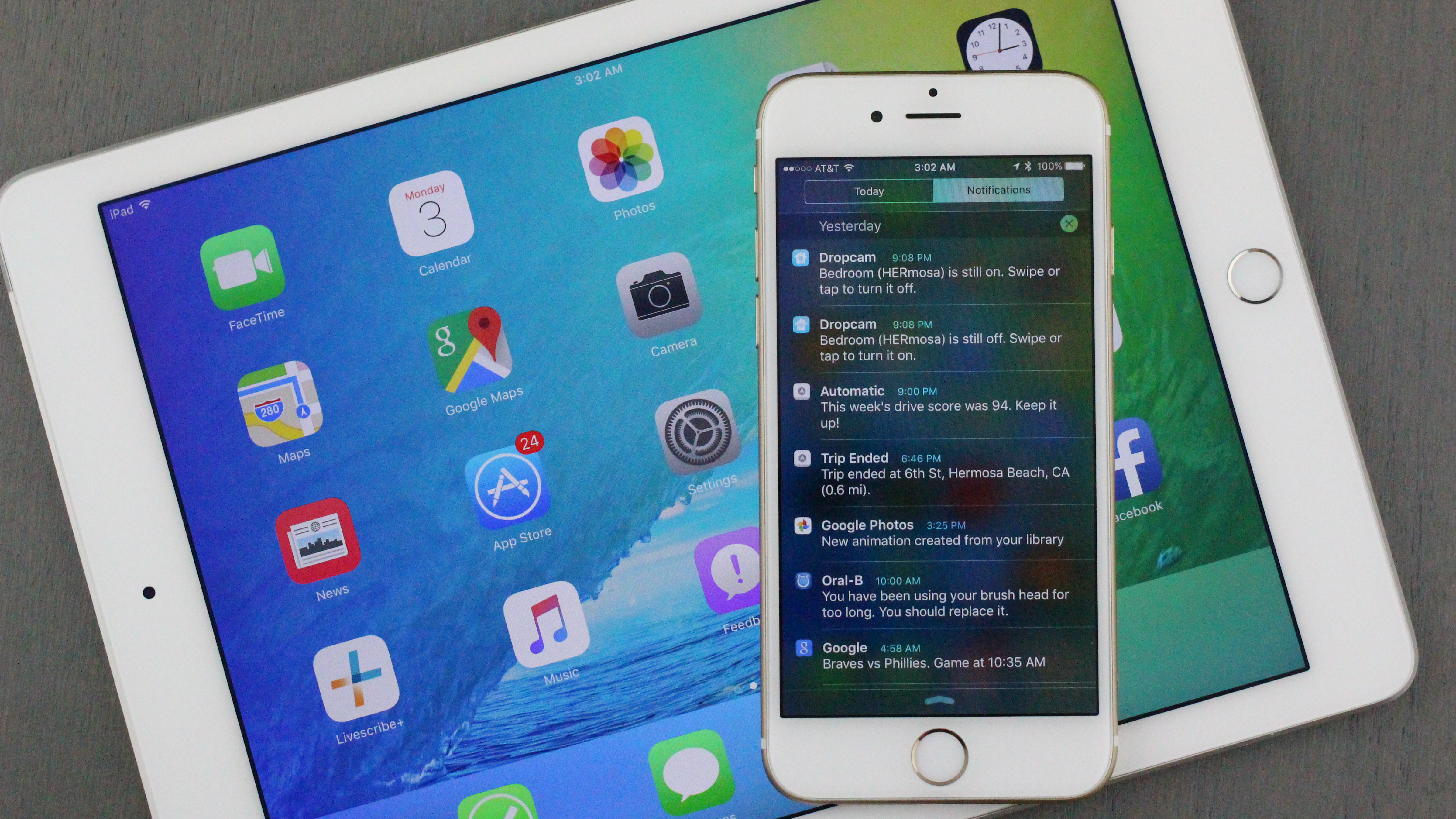
iOS 9 is the latest and most significant update to hit both the iPhone and the iPad since the introduction of iOS 8.4, and with it comes the usual blend of features and performance enhancements.
Improved support for Siri, more useful multi-tasking, better battery life – the list of enhancements goes on. And yet, one question remains: is it worth upgrading? Updating an older iOS device to later versions can mean laggy performance and an unhappy battery, and the older the device the worse the impact.
So should you upgrade your iPhone or iPad to iOS 9? We've broken down the key differences for you.
iOS vs iOS 9: Siri
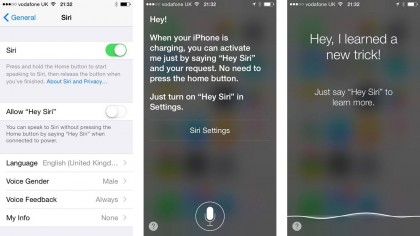
In iOS 8, Siri took something of a backseat. This is no longer the case in iOS 9: Cupertino's original voice assistant is getting smarter, and a lot more useful.
According to Apple, Siri in iOS 9 is both 40% faster and 40% more powerful than in its previous form, making searches quicker. This also makes for a few new features, including Siri being more "contextually aware."
In real terms, this could mean saying "remind me about this" as when reading an email with a date and with location and time mentioned, triggering Siri to set up an appointment.
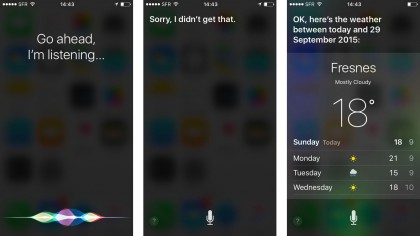
Siri is also more integrated into iOS 9 than it was 8. Hopefully, this should mean that your device running iOS 9 will get to know you and your habits a little better – for example, understanding when you like to listen to music, and then preparing playlists for certain times of the day as appropriate.
Sign up for breaking news, reviews, opinion, top tech deals, and more.
Whether this will be of any use depends entirely on how you use your mobile device, but for anyone looking to log and improve their lifestyles, this is a valuable add-on.
iOS vs iOS 9: search
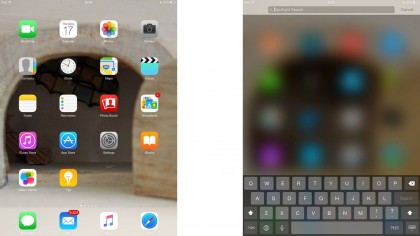
Building from Siri, search is now a much bigger part of the iOS experience in version 9, being put front and centre, similarly to Google Now. Swiping left from the home screen now launches a search splash screen, filled with suggestions from Siri.
These will include things such as favourite contacts, things to do, and apps, all dependent on the time of day. In all, when compared to Spotlight on iOS 8, this is a pretty big improvement. It means you'll spend less time navigating through menus and windows to get to an obscure end goal, and more time using your device to do the things you want to do.

With iOS 9 it is also now possible to search deeper, not only linking to Google, but also looking through the device and apps to find content appropriate to the question asked. Though it will take some time before developers really get to grips with this new feature, the potential is vast.
iOS vs iOS 9: battery
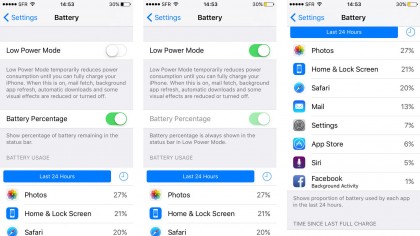
Battery life is a bugbear for many Apple fans. Though they may be lovely to look at, it is a rare iPhone that can take a busy working day without needing to pause for a top-up. With iOS 9, Apple is hoping to change this.
Built into the operating system is a new low-power mode for iPhones which, when activated, drops the screen brightness quite a bit, while also changing the frequency at which the device downloads new messages and notifications. Essentially it makes your smartphone temporarily a little dumber. With this activated, it should be possible to eke out a few extra hours when in a tight spot.
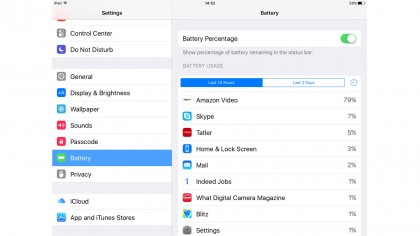
And though iPad users can't make use of low-power mode, they will likely benefit from the increase in efficiency that comes with iOS 9. Apple claims that, on average, users will see around an hour extra of battery life per charge (dependent on different use cases).
Though the improved battery life is a bonus, low-power mode has been lacking in iOS for years now. Its addition alone should be enough to sway many of those who are undecided on whether to upgrade.
Sean is a Scottish technology journalist who's written for the likes of T3, Trusted Reviews, TechAdvisor and Expert Reviews.